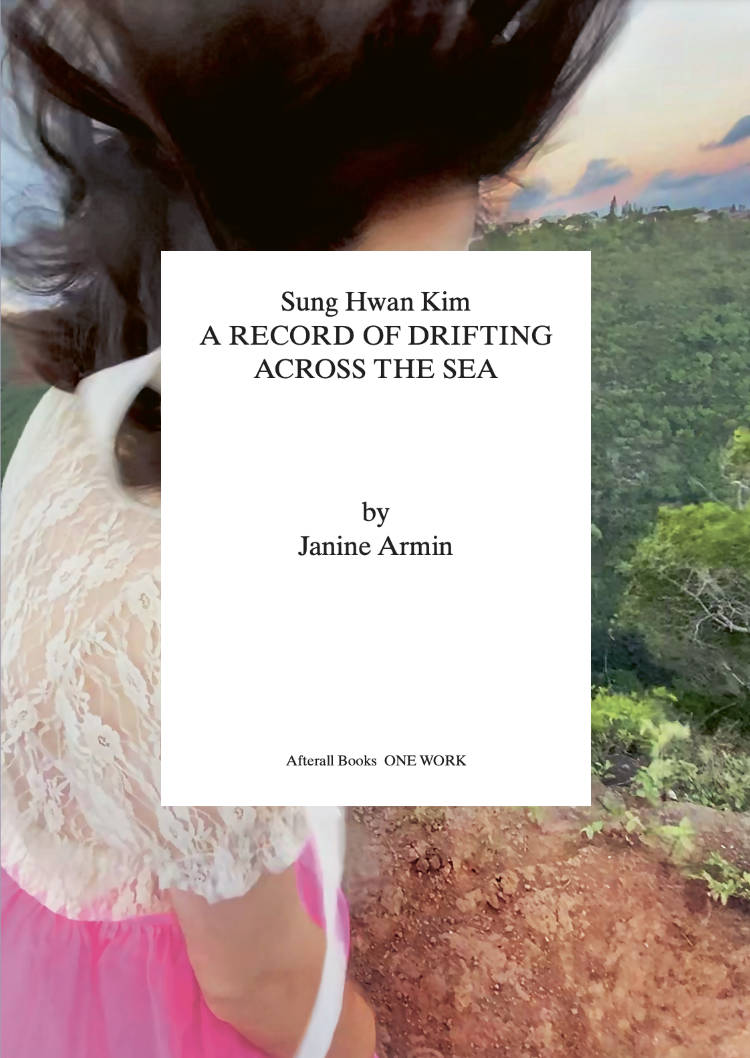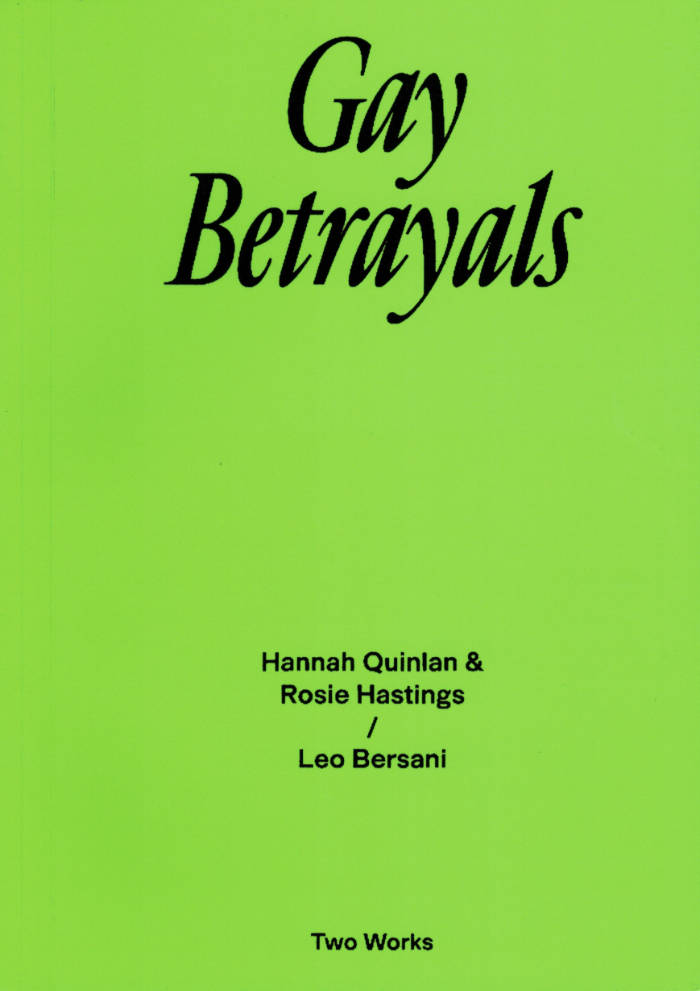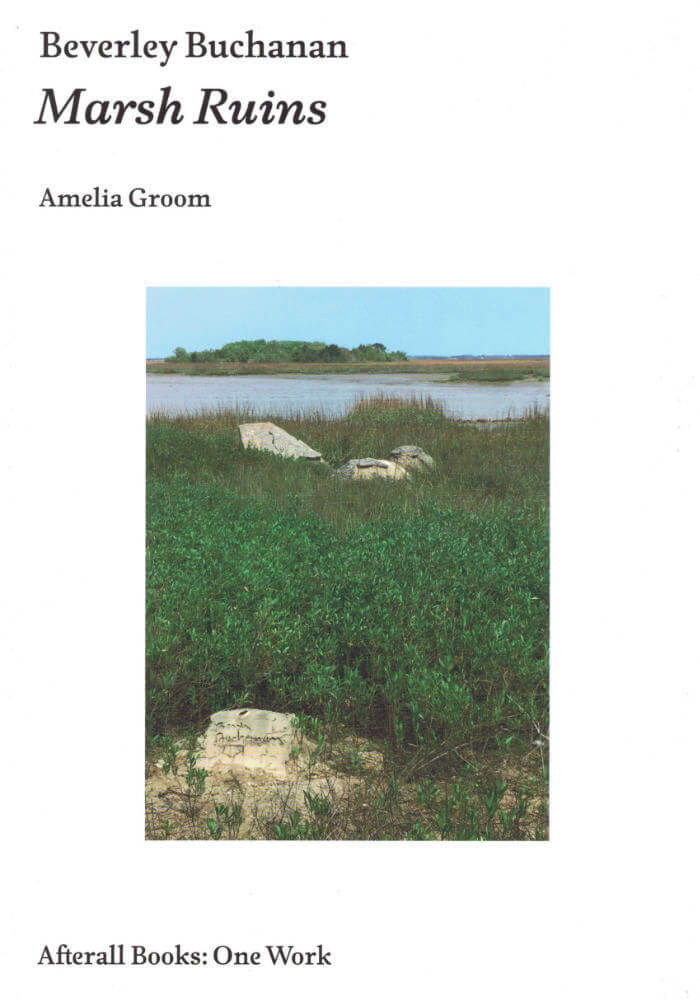Afterall Books
Afterall Books

Sung Hwan Kim: A Record of Drifting Across the Sea
A richly illustrated exploration of Sung Hwan Kim’s complex record of migrant stories, displacement and belonging, border-crossings and translation.
In A Record of Drifting Across the Sea (2017–), Sung Hwan Kim looks at histories of migration. The artist parses the traces –archival and bodily – left by undocumented Korean migrants who came to the US by way of Hawai’i at the turn of the twentieth century, and ponders over their impact on other migrant and indigenous communities. As an ongoing film and installation series, comprising two chapters and a third in progress, A Record unsettles the limits of the ‘one work’ with its distributive, open-ended and collaborative nature.
In this speculative inquiry, Janine Armin explores each chapter in Kim’s multi-layered work as a mycelial network of feelers entangling and extending the wider work in-process. Engaging history through embodiment, folklore and myth, as much as through archival material, Kim navigates and crosses the boundaries between displacement and belonging. Focusing on the artist’s attempt to escape from representation, Armin illuminates and attends to the different stories and non-sovereign ways of being together towards which his work points us.
This title is part of the One Work book series, which focuses on artworks that have significantly changed the way we understand art and its history.

Gay Betrayals: Two Works Series Vol. 5
Leo Bersani, Hannah Quinlan and 1 more
Bersani’s prescient and long unavailable polemic against gay assimilation, a plea for “antimonogamous promiscuity,” illustrated with artistic interventions
In 1997, during a symposium at Centre Pompidou, pioneering queer theorist Leo Bersani presented a prescient critique of the assimilative tendencies that made “gays melt into the very culture they like to think of themselves as undermining.” For Bersani, queer activism, mired in micropolitics, had relinquished the radical task of reconfiguring the horizon of the possible. Later published as “Gay Betrayals” in the pioneering (and now unavailable) collection Is the Rectum a Grave?, Bersani’s intervention champions a truly disruptive vision of homosexuality, one that betrays the relational, identitarian and communitarian foundations of bourgeois heterosexual respectability through “antimonogamous promiscuity.”
Building on artistic research into the politics of queer spaces and culture some 20 years later, British artist duo Hannah Quinlan and Rosie Hastings revisit Bersani’s polemic with a response in three acts. Through a kaleidoscopic array of drawings, preparatory sketches and egg tempera paintings, a narrative of everyday (homo)sociality emerges.
Leo Bersani (1931–2022) was an American theorist best known for his books Is the Rectum a Grave?, Homos and Receptive Bodies. Born in the Bronx, he graduated from Harvard in 1952 and eventually joined the University of California, Berkeley, where he became an influential teacher, remaining there for the rest of his career.

Can the Subaltern Speak?
Gayatri Chakravorty Spivak, Estefanía Peñafiel Loaiza
Gayatri Chakravorty Spivak's landmark essay in decolonial thought is animated for a new generation with art by Estefanía Peñafiel Loaiza.
In 1985 Gayatri Chakravorty Spivak's seminal essay, 'Can the Subaltern Speak' transformed the analysis of colonialism. In a deeply divided world Spivak's text interrogated the historical and ideological factors that, by obstructing the potential for certain subjects to be heard, maintained the degraded status of those subjects on the world's peripheries. The text remains, in the third decade of the twenty-first century, as compelling as ever, and affirms the continuing relevance of Marxism to contemporary decolonial thought.
In this Afterall Two Works edition, the essay is given new life in dialogue with especially commissioned artwork by Ecuadorian artist Estefanía Peñafiel Loaiza. Loaiza's preoccupation with questions of visibility and occlusion, the need for and absence of the image, has guide the creation of a mesmerising set of works. These form a visual vocabulary that echoes and refracts Spivak's central terms, bringing new inflections to an enduringly important text.

Berverly Buchanan: Marsh Ruins
An illustrated examination of Beverly Buchanan's 1981 environmental sculpture, which exists in an ongoing state of ruination.
Beverly Buchanan's Marsh Ruins (1981) are large, solid mounds of cement and shell-based tabby concrete, yet their presence has always been elusive. Hiding in the tall grasses and brackish waters of the Marshes of Glynn, on the southeast coast of Georgia, the Marsh Ruins merge with their surroundings as they enact a curious and delicate tension between destruction and endurance. This volume offers an illustrated examination of Buchanan's environmental sculpture, which exists in an ongoing state of ruination.